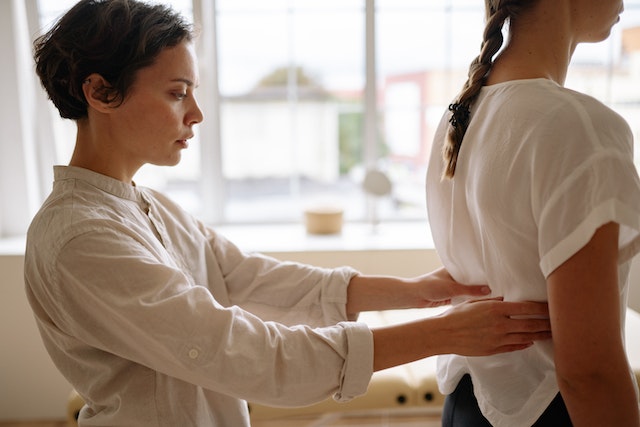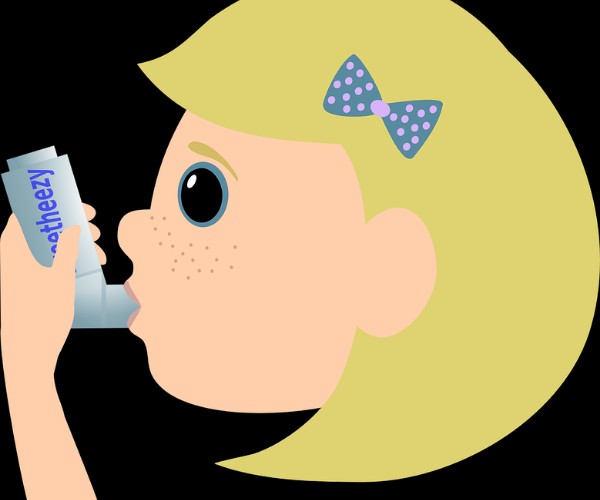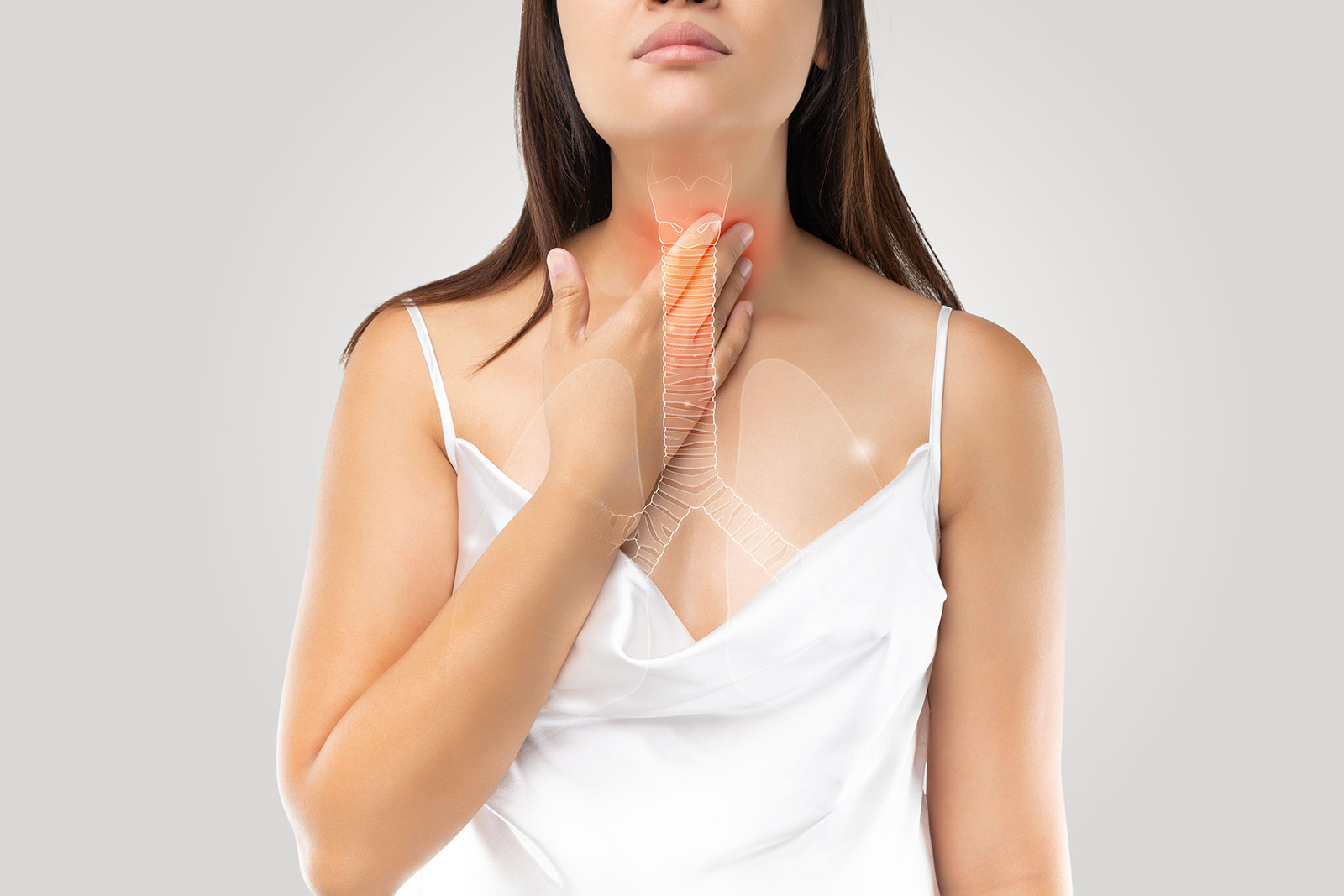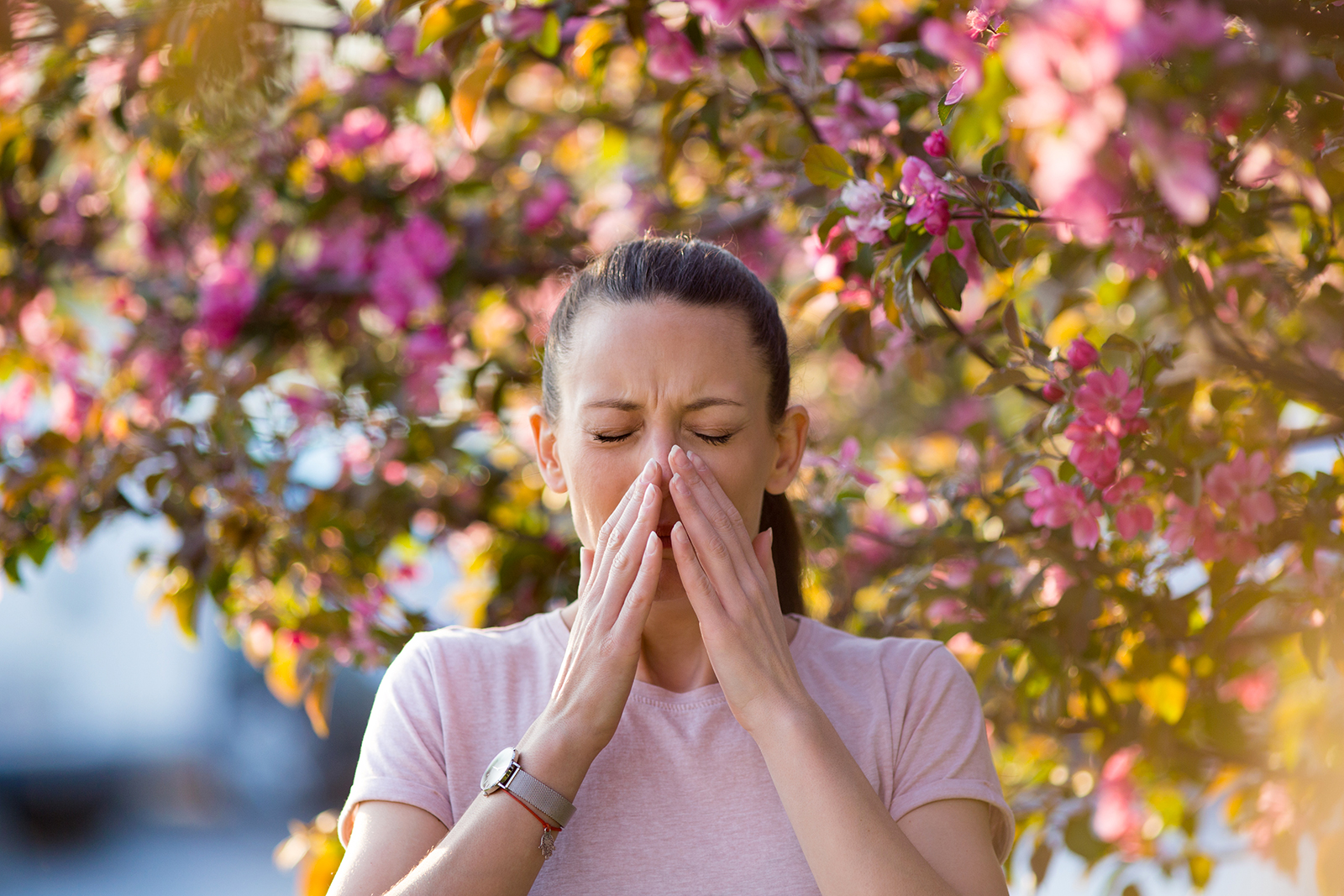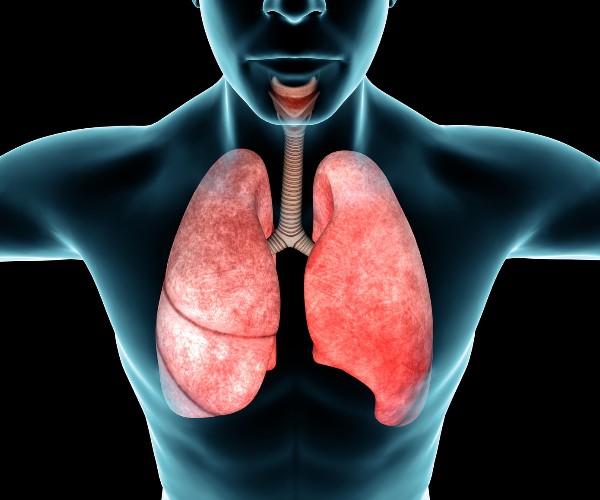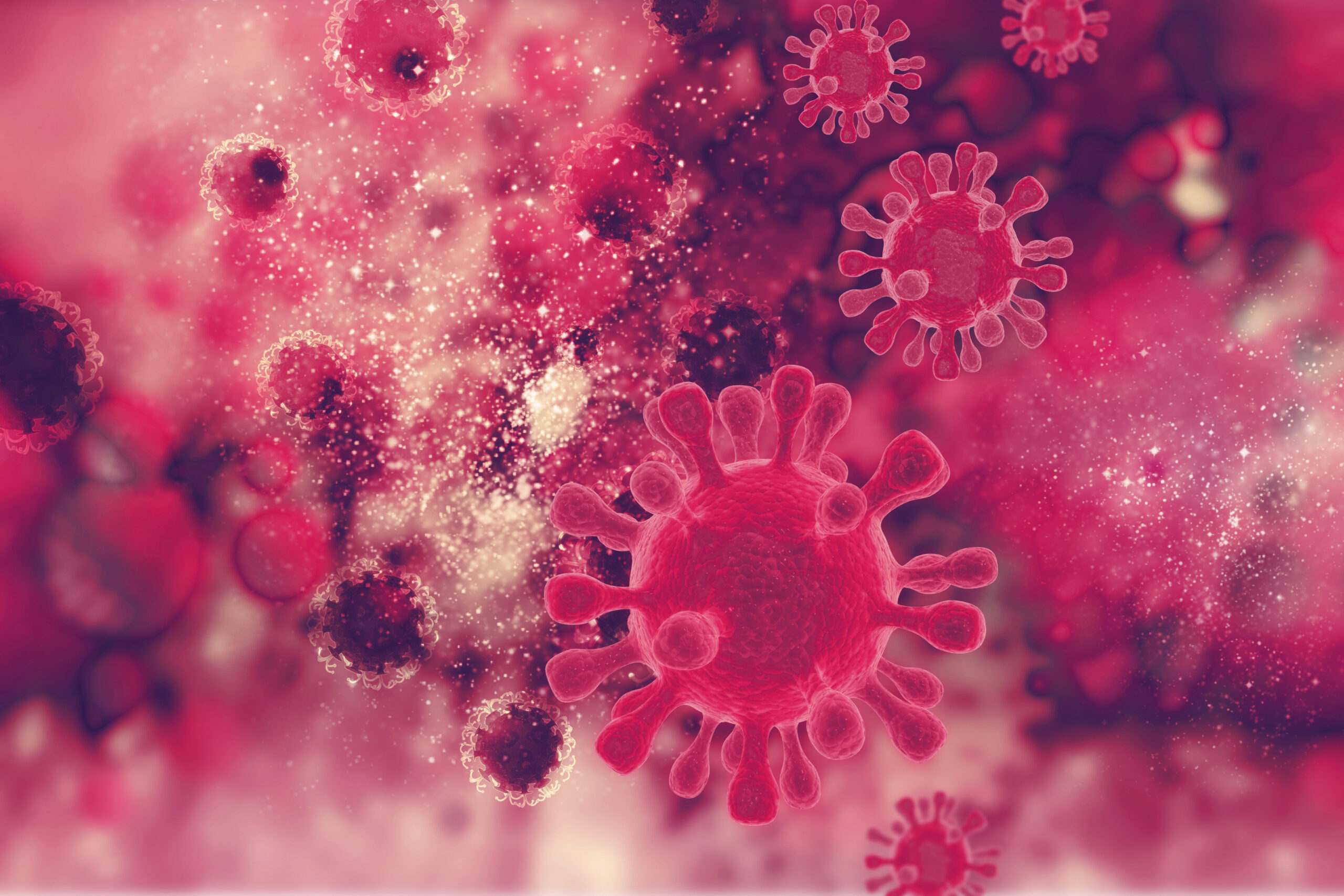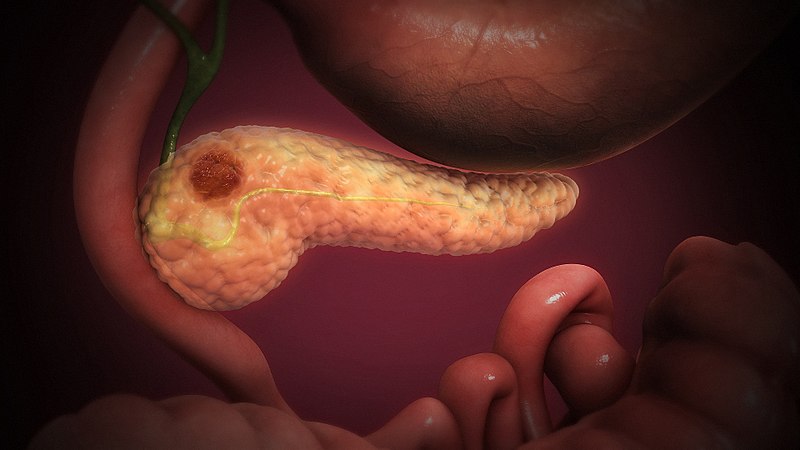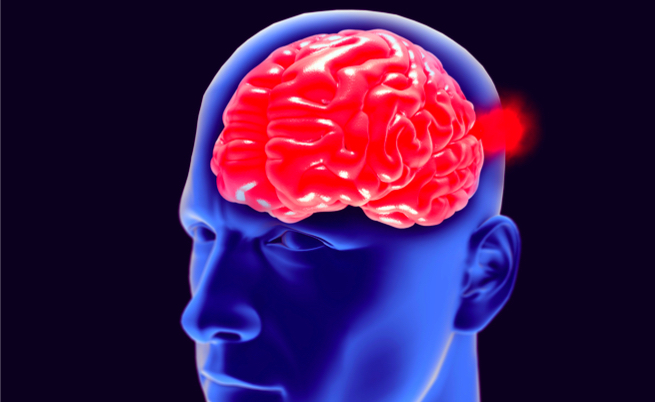Air conditioning is undoubtedly one of the greatest technical breakthroughs of recent decades, among those that have most in the world affected social habits and lifestyles, making it possible to better cope with the scorching heat in the hottest countries and to make it possible for ships, trains , buses, cars and planes to offer a healthier and more comfortable way far and wide around the world.
In workplaces, it has made it easier for workers to stay in the workplace and, due to the well-being of workers, has resulted in better performance. This is also the case in institutions , schools, universities and especially in hospitals, where a cooler and more welcoming climate has made operating room surgeries less burdensome and hospitalizations and long stays more bearable.
In short, the real benefits of being able to live in cool environments with low humidity levels, which promote greater social calm, keeping the typical irritability and reactivity caused by excessive heat and unlivable environments at bay, are indisputable.
From the standpoint of medical emergencies in excessively hot areas or in situations where body temperature is particularly compromised by above-normal heat waves,air conditioning can be life-saving, especially in people whose health is already undermined by previous illnesses. When the body temperature exceeds 39 degrees, in fact, you are at risk of heat exhaustion , with possible fainting , nausea, cramps, dizziness, and other related disorders.
However, although the benefits ofair conditioning are unquestionable, a number of disadvantages or contraindications have also become apparent over the past few decades, stemming from the increasingly widespread use of room air conditioning and people’s habit of continuous use.
Some of these contraindications must be taken seriously if an important technical resource is not to be turned into a health risk factor.
Total conditioning
When in a building with working environments and people (offices, banks, companies) we rely solely on the internal system of air conditioning and air-conditioned without the use of customary ventilation of open windows can result in an “unhealthy environment,” in which poor air quality can give rise to discomfort and symptoms such as headaches, dry cough, irritability, nausea, difficulty concentrating and fatigue. I these situations also infectious agents such as viruses and bacteria can more easily stagnate in the environment, and this in times of pandemic can lead to an increased risk of COVID-19 infection.
It should then be avoided by keeping the air conditioning circuit too closed , making periodic suspensions of air conditioning and resorting to spontaneous ventilation to renew indoor air, as well as providing periodic changes of air conditioner filters.
Air conditioning is also dry
Air conditioners draw moisture out of a room and send it back into circulation once cooled and dehumidified. The air produced can become too dry and damage the eyes and dehydrate the skin.
The consequences for the organism
Nostril irritation, coughing, respiratory discomfort, inflammation, and headaches are typical complaints experienced by those who habitually live and work in air-conditioned rooms, with some days of acme of the main complaint (migraine, cold, cough).
There may also be an increase in allergies ( nasal irritation, allergic cough) due to microbial allergens lurking in air conditioning equipment.
In addition, people accustomed to living in air conditioning develop lower heat tolerance and are more likely to experience fatigue and discomfort caused by hot or scorching weather. In practice getting used to an artificial temperature condition reduces adaptability to the outside world .
The consequences for the environment
It is well known that the expenditure of electricity, increased carbon dioxide production and indoor air recycling, and released gas particles result in general air pollution and damage to the ozone of the atmosphere.
So, cool the rooms in which you live , not only by resorting to such direct systems as an air conditioning system, but also by working to create conditions more suitable for more sustainable temperatures, such as:
- Reduce possible heat sources to the essential.
- Use ceiling fans to cool and ventilate rooms
- If an air conditioner is used, adjust the temperature to moderate values, avoiding the production of cold air, preferring ventilation of cool, slightly dehumidified air.
- Keep windows open at night to take advantage of the drop in temperature and cool the house, and especially the room where you sleep.
In fact, experts recommend sleeping in a room where the temperature is about 20 degrees to ensure a good quality of sleep, as it is normal for the body to get cold during nighttime sleeping hours, and a cool room is ideal for rest.









